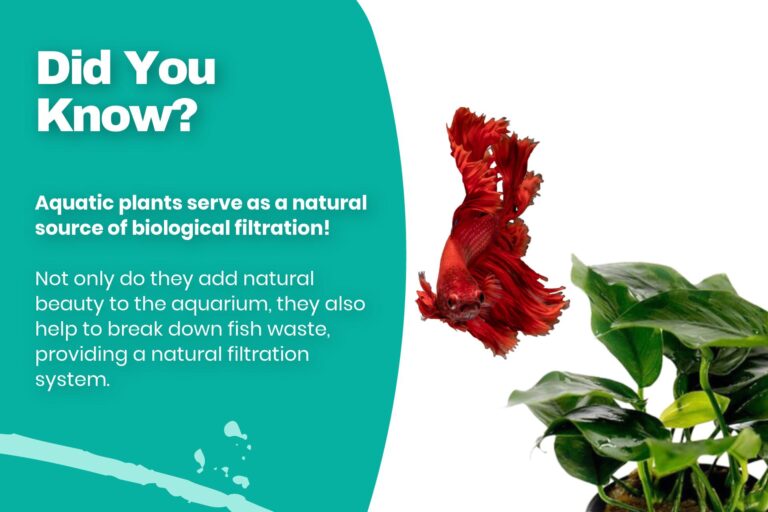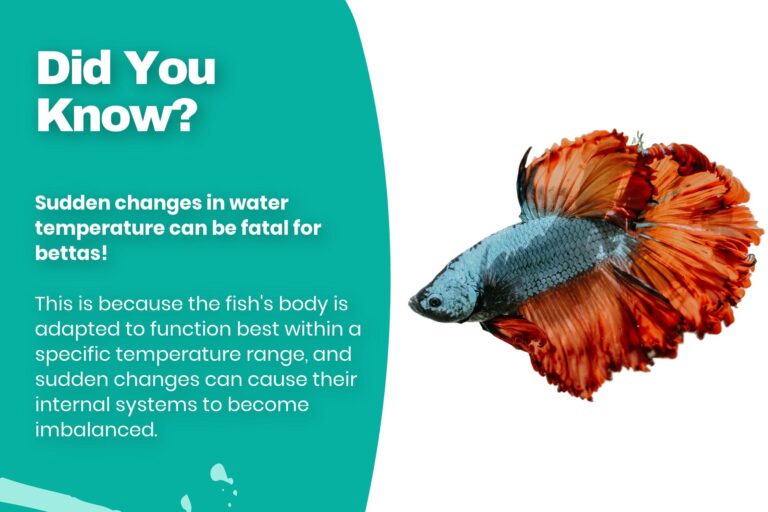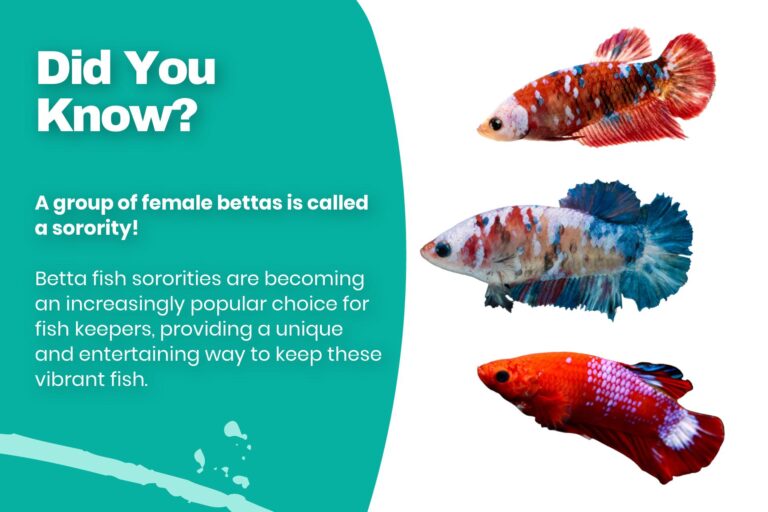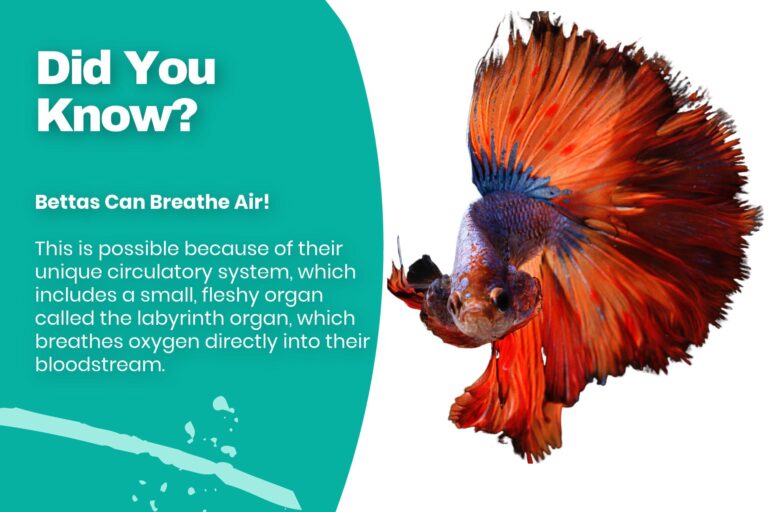Betta Fish Has Swollen Belly? Here Are The Top Causes Of A Bloated Betta
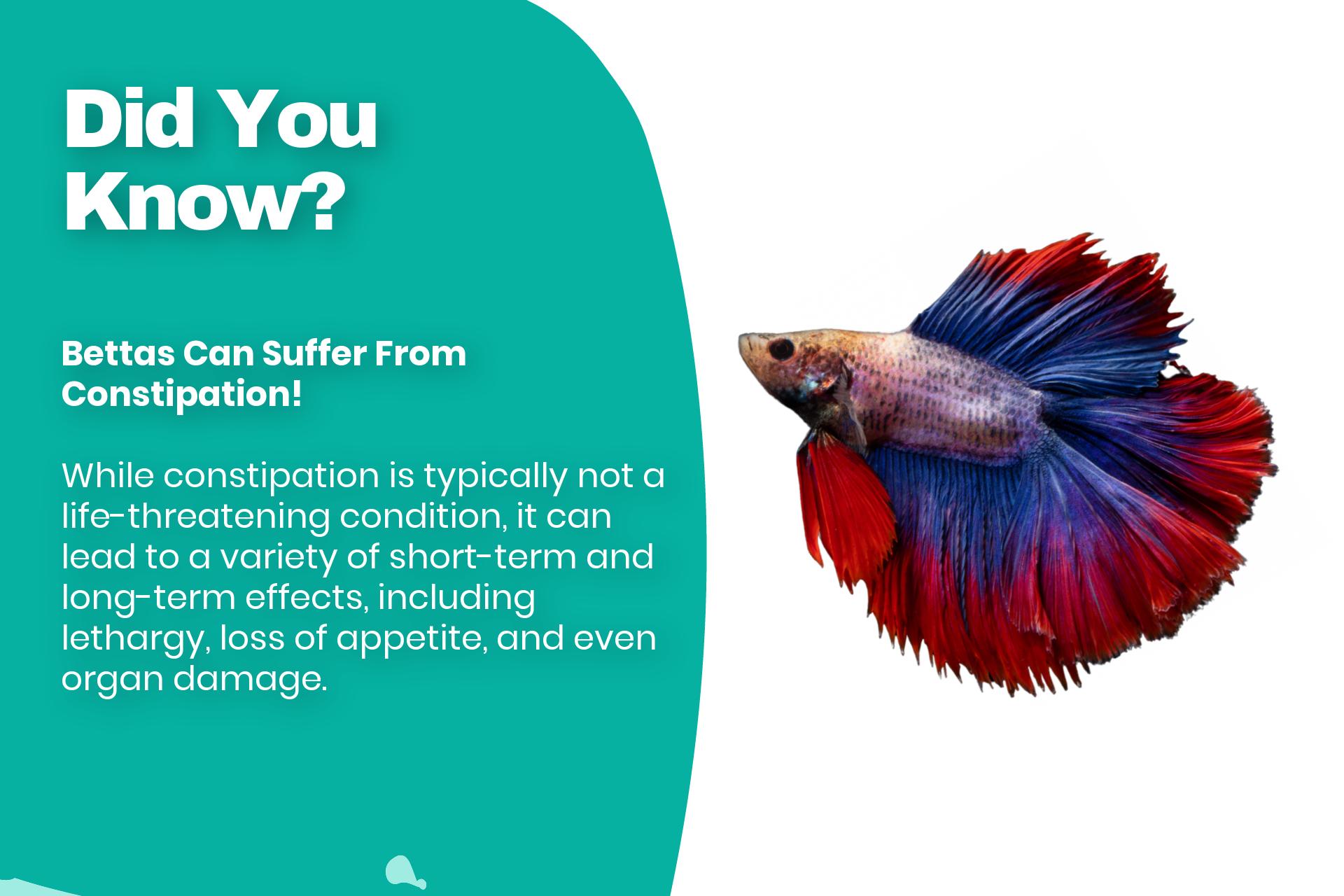
Betta fish, also known as fighting fish, are a popular species of freshwater fish that are known for their vibrant colors and long fins.
Unfortunately, these tropical fish can be prone to a condition known as "bloating," which is characterized by a swollen or bloated belly.
This can be caused by a variety of factors, such as overfeeding, constipation, parasites, infection, improper water conditions, and more. While bloating can be an uncomfortable issue for your betta fish, it is important to address this issue in order to ensure the health and wellbeing of your pet.
Once the underlying cause has been identified and treated, you may need to make changes to your betta's environment or diet in order to prevent further bloating episodes from occurring. By providing proper care and attention to your betta fish, you can help them enjoy a healthy and happy life.
Table of Contents
Quick Answer
Betta fish are colorful tropical freshwater fish known for their long fins. Sometimes they can get bloated, which means their belly looks bigger than usual.
This can be caused by things like too much food, bad water quality, or infections. If you notice your betta fish has swollen belly, it is important to take them to the vet to figure out what is causing it. Signs of bloating include a swollen stomach or head, loss of appetite, swimming in circles, and discoloration around the eyes, mouth, and fins.
You can prevent bloating in your betta fish by making sure they have clean water and a balanced diet, with the right amount of food. Also, make sure they have enough space to swim and exercise.
What Is Bloat In Betta Fish?
Bloat in betta fish is an often misunderstood condition caused by a variety of things. It is characterized by a swollen belly and is usually accompanied by loss of appetite, lethargy, and a dull coloration. Bloat can be caused by a number of things, from poor water quality to a bacterial infection.
Treatment for bloat depends on the underlying cause, so it is important to take your betta to the veterinarian for a diagnosis and treatment.
Even if your betta does not appear to be bloated, it is important to look for signs of bloat in order to nip any issues in the bud and keep your betta happy and healthy.
What Are The Symptoms Of Betta Fish Bloat?
Betta fish with bloating may have a bloated stomach, bloated head, and/or bloated body. Other symptoms of bloat include a loss of appetite, lethargy, and swimming in circles.
If you notice these signs in your betta fish, it’s important to take action quickly to start treating the condition. Additionally, bloating may be accompanied by discoloration around the eyes, mouth, and fins. If you suspect your betta has bloat, take it to a vet to get an accurate diagnosis.
What Causes Bloat In Betta Fish?
Bloat in betta fish is a common issue and can be caused by a variety of factors. Diet and water quality are two of the most common culprits. If a betta is fed too much or the fish tank water is not properly maintained, it can lead to an imbalance of bacteria in the gut.
This can cause the betta to become bloated and uncomfortable. In addition, poor water quality can cause a build-up of toxins in the water, which can also lead to bloat. If bettas are kept in tanks with inadequate filtration, this can also lead to bloat.
Finally, certain bacterial or fungal infections can cause a betta to become bloated, making it important to watch for signs of infection in your betta.
Diseases That Are Associated With Bloating Of Your Betta Fish
Bloating in betta fish is a common symptom associated with a variety of diseases, including columnaris, bacterial infections, and constipation. Columnaris is an infection caused by the bacterium Flavobacterium columnare which affects the skin and fins of the fish.
Bacterial infections are caused by bacteria such as Pseudomonas aeruginosa and Aeromonas hydrophila that can cause inflammation or ulceration of the tissues. Constipation is caused when a betta fish has difficulty passing or digesting its food due to insufficient water flow or incorrect diet, resulting in bloating.
Other diseases associated with bloating include fungal infections, parasites, and swim bladder disease. It’s important to monitor your betta fish’s health closely for any signs of disease so that it can be treated quickly before it becomes a serious problem.
What To Do If Your Betta Fish Is Bloated?
If you suspect your Betta fish is bloated, there are several things you should do to try and treat the issue. First, check the water temperature and pH levels to ensure they’re within the ideal range for your Betta.
Next, check the water quality for ammonia, nitrates, and nitrites. If any of these are too high, do a water change to bring the levels back to safe ranges. If the fish tank is overcrowded, move the Betta to a larger tank with more space.
Finally, inspect your Betta’s food, and make sure it is of good quality and appropriate for their size and age.
How To Prevent Bloat In Your Betta Fish?
Preventing bloat in your betta fish is all about providing a healthy environment and diet. First, make sure you are changing the water in their tank regularly. Keeping their water clean will help prevent the buildup of toxins that can lead to bloat.
Secondly, make sure to feed your betta fish a healthy, balanced diet. Betta fish should eat a variety of foods, including live, frozen, and freeze-dried foods. Avoid overfeeding your betta fish, as this can lead to digestive issues and a bloated belly. Lastly, make sure your betta fish has plenty of space to swim and exercise.
Exercise helps your betta fish to keep their digestive system working properly. There exists a common misconception that male betta fish are more prone to bloating than female betta fish.
While it is true that male bettas generally have longer fins and need more careful attention when it comes to nutrition and water quality, both males and females can suffer from bloating, which is caused by poor water quality and a lack of proper nutrition.
To ensure that bettas of both genders remain healthy, it is important to regularly check the water quality and feed them a balanced diet.
Final Thoughts
In conclusion, a bloated Betta fish is a sign of a potential health issue that could have serious consequences. If you have noticed that your Betta fish’s belly is swollen, it’s important to take action to diagnose and treat the underlying cause.
The most common causes of betta fish bloat are constipation in betta fish due to a poor diet, overfeeding, or a bacterial infection. To keep your pet fish healthy and happy, always practice good aquarium maintenance and provide it with a healthy diet.
With the right care and attention, you can ensure your Betta fish enjoys a long and happy life.

